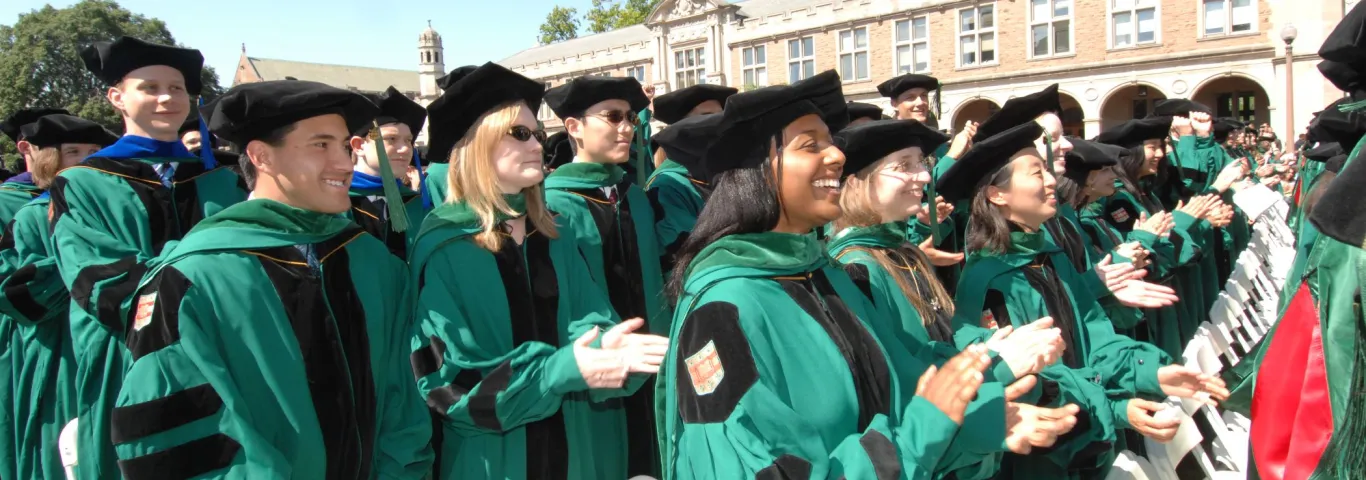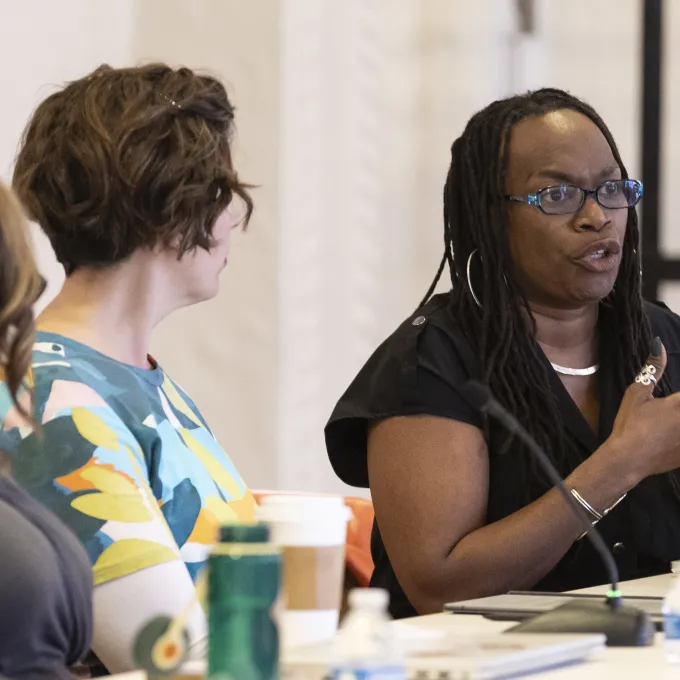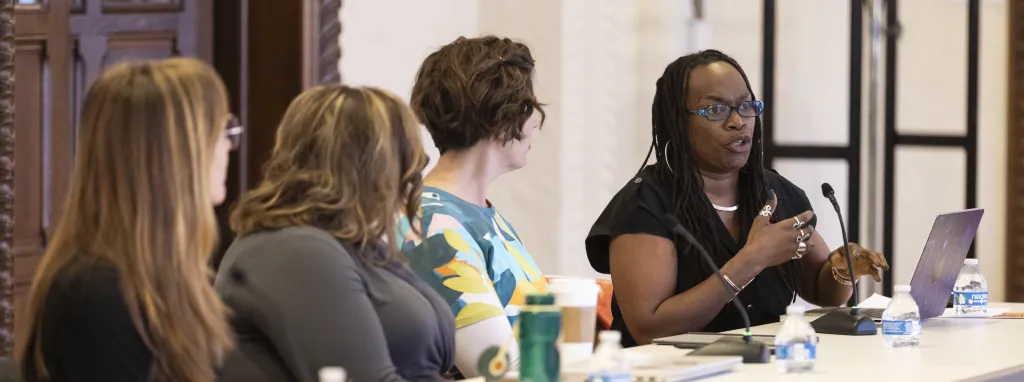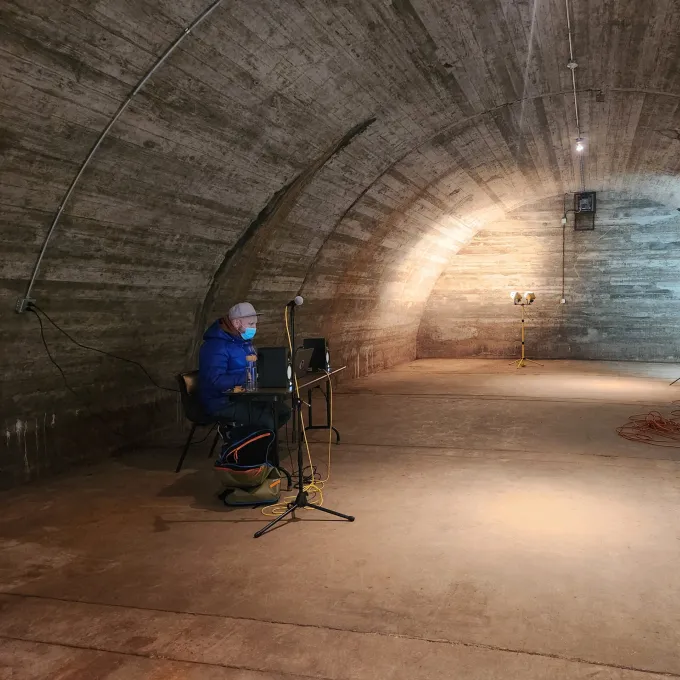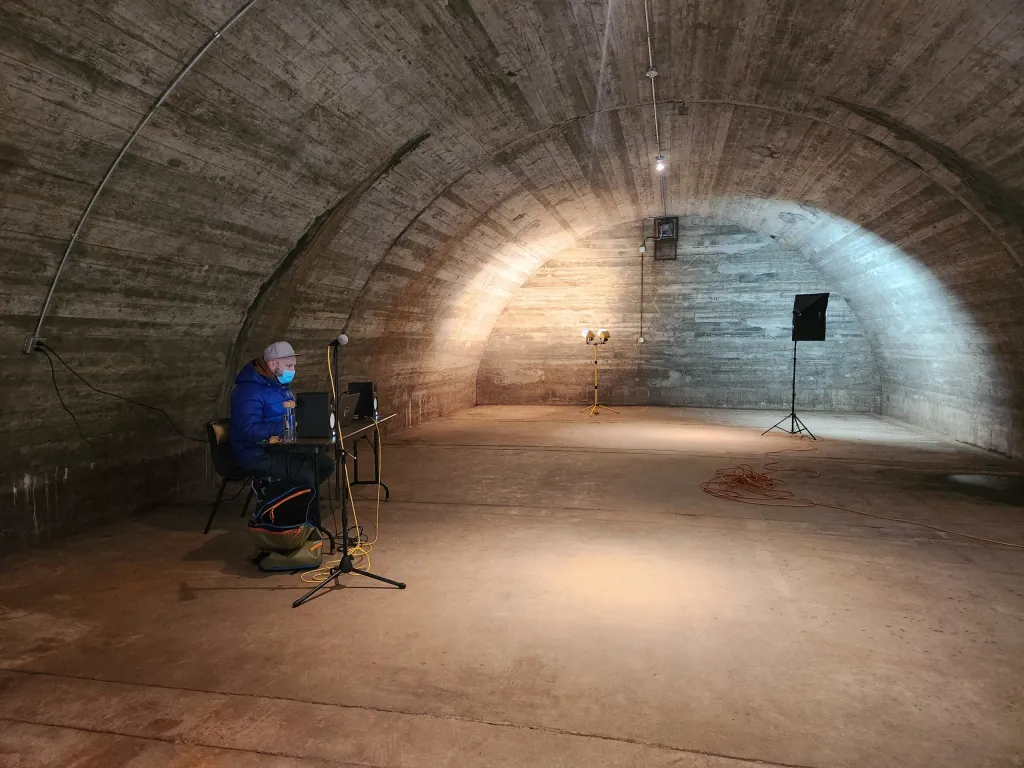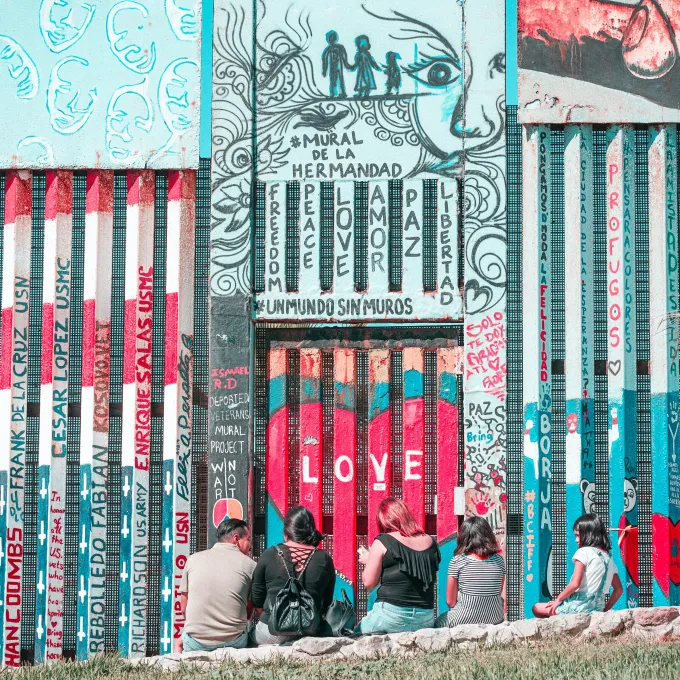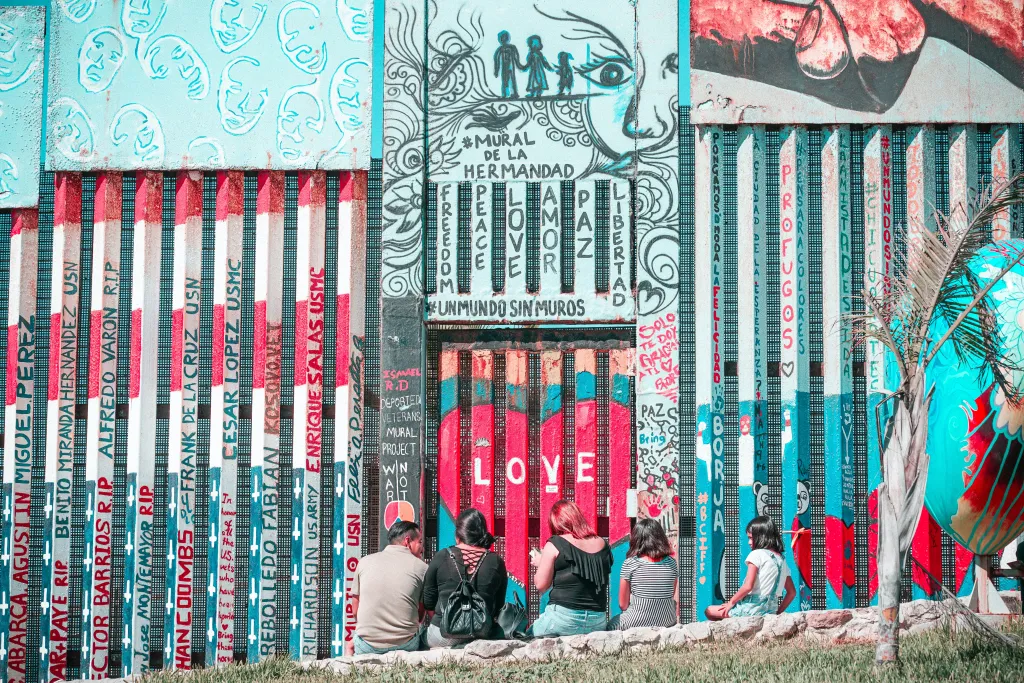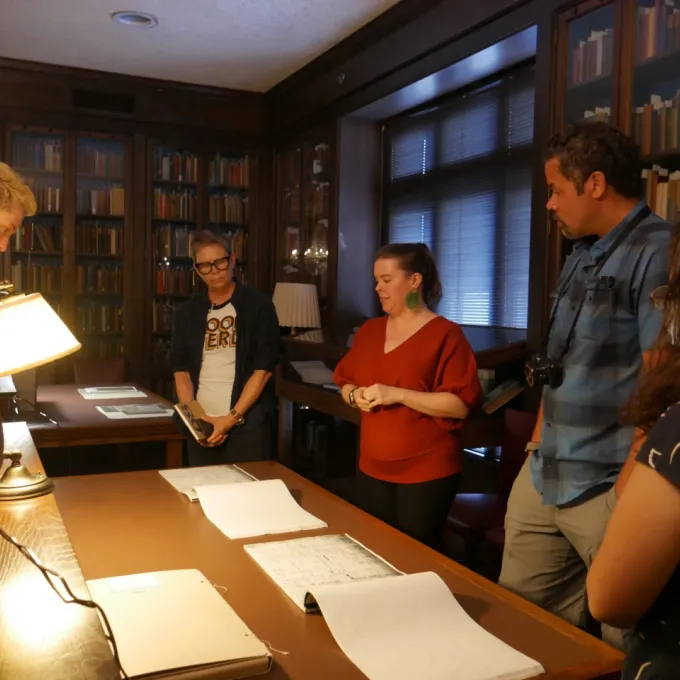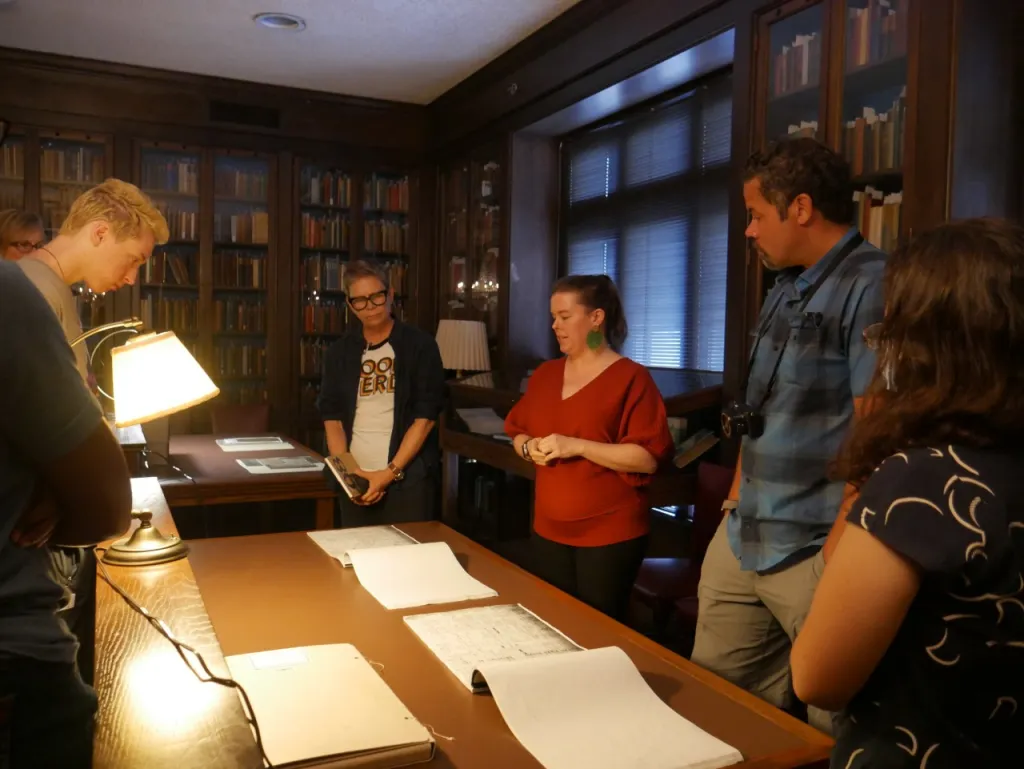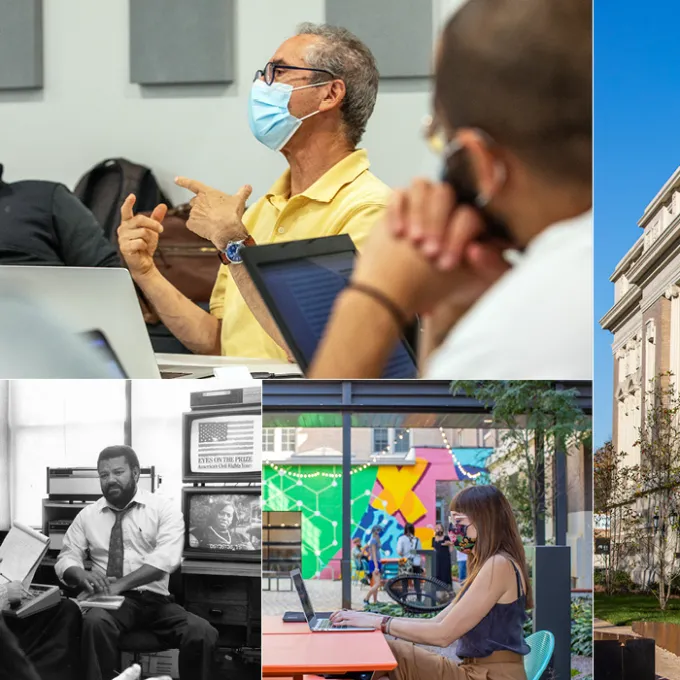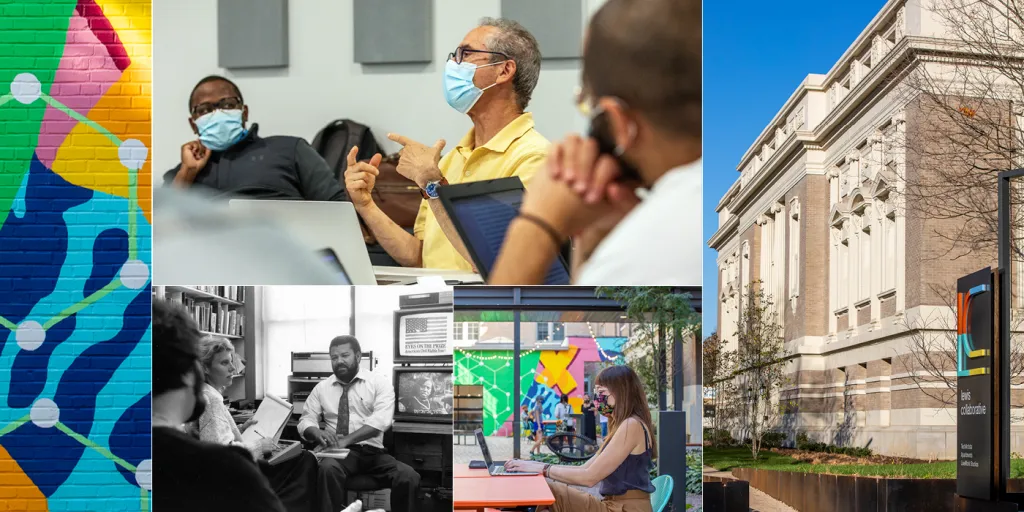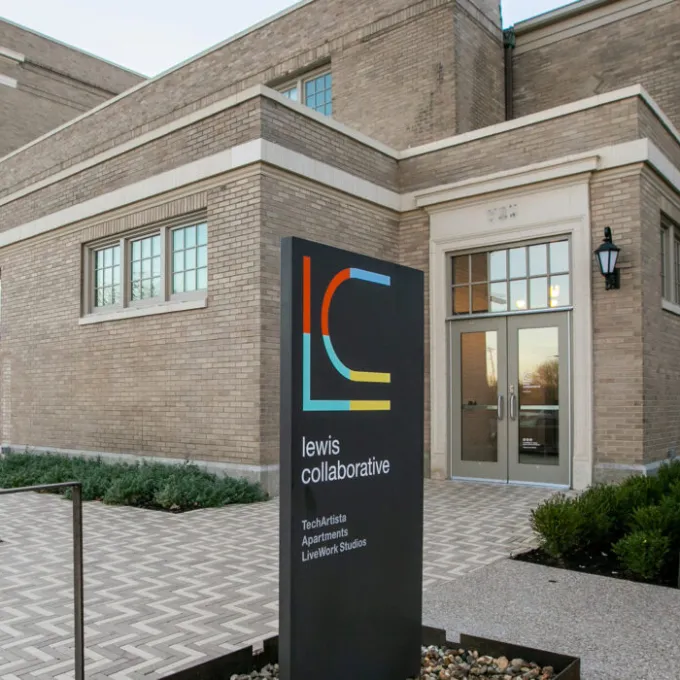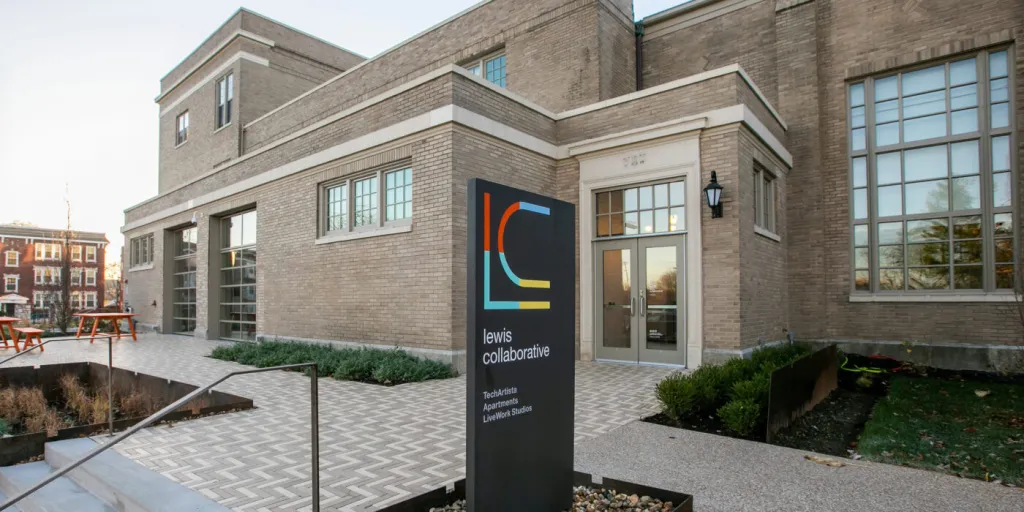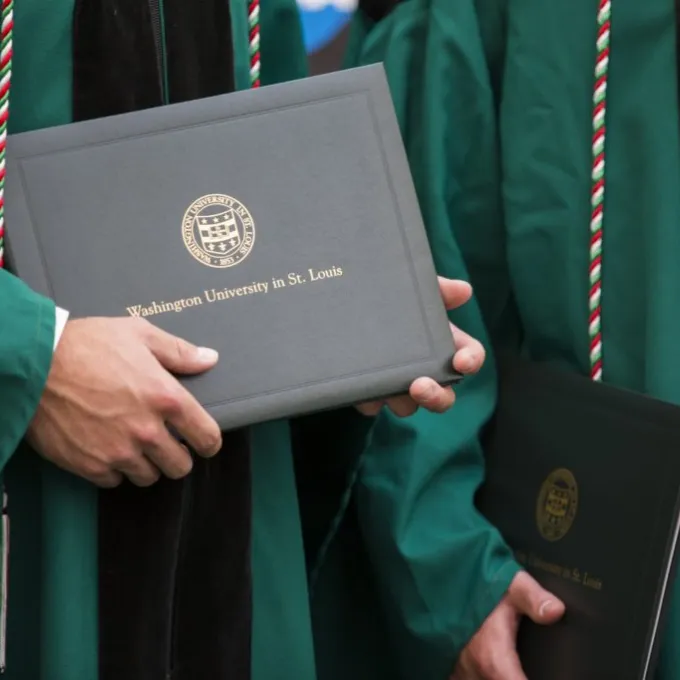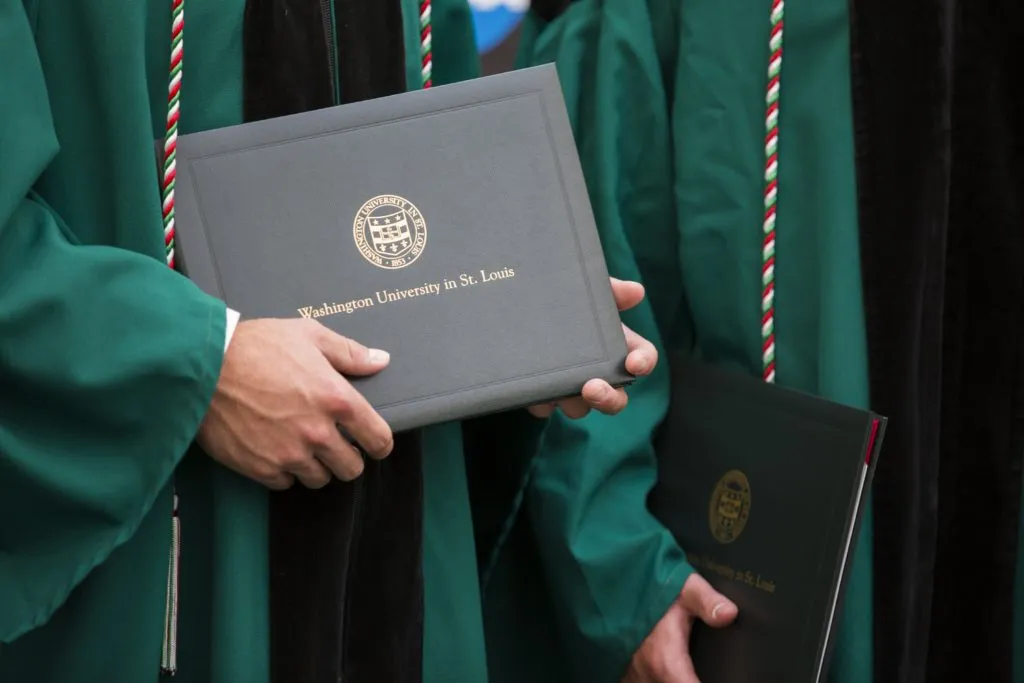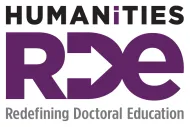
With very few exceptions, most of the humanities faculty who work with PhD students across the country — and Washington University is no exception — were trained exclusively for academic, tenure-track careers. They have not had an opportunity to acquire the skills, capacities, or work experiences that the next generation of humanities PhDs require and deserve.
Humanities faculty can, of course, outsource some of this training to career centers (for example, some of the basic skills that fall under the heading of “professionalization”), but that is a limited and limiting response, additive but not transformative. Outsourcing neither generates nor provides evidence of faculty buy-in; and without that buy-in, as we heard repeatedly at Next Generation meetings across the country, change will be incremental, at best. New skills will be viewed, by students and faculty alike, as peripheral — aimed largely at those destined not to attain the coveted tenure-track job.
In order to transform the equation in much more profound ways, next generation PhD training requires next generation faculty — faculty committed to acquiring new skills (pedagogical and otherwise), developing new capacities, reimagining PhD training for a multiplicity of outcomes, and facilitating and celebrating those outcomes. Faculty have to be on the front line of change, if it is to be transformative and sustainable, and thus much of our focus in Redefining Doctoral Education (RDE) is on faculty buy-in and faculty (re)training.
With support from the Mellon Foundation we are undertaking a multipronged set of initiatives that will help us build upon our efforts to date and on the faculty and graduate student enthusiasm we have already generated. We have sequenced these initiatives in such a way that they move from the initial steps of expanding faculty buy-in and enhancing faculty capacities to curricular innovation and the development of new interdisciplinary studiolab-based living and learning environments.
We believe these initiatives will facilitate collaboration across humanities disciplines and will build new bridges with the social sciences, sciences, and our professional schools, as well as with neighboring institutions. They are also designed to integrate more closely the research worlds of faculty, postdocs and graduate students and to incorporate growing numbers of faculty, students and local partners in the transformation of graduate training in the humanities. Finally, and as importantly, they are aimed at bringing a more public face to the humanities work we do.
By the end of the grant period, we expect that our initiatives, building on the successes of the past and looking toward the next generation’s future, will have transformed humanities PhD training at Washington University. Through workshops, grants (including those for curricular innovation and disciplinary cross-training), and innovative studiolab communities, we are poised to directly engage over one hundred humanities faculty at Washington University (and indirectly, many more!), as well as colleagues at neighboring institutions, from museums and libraries, to high schools and community colleges. Moreover, as an outgrowth of our efforts, we expect to build even stronger collaborative bridges, not just between departments and schools at Washington University, but with other institutions in the area. In short, by investing in our faculty and expanding their capacities, we intend to build over the course of five years a faculty for the next generation — a faculty ready and able to launch new curricular initiatives, transcend disciplinary silos, reach outside the walls of the academy, and explore new models for living and learning.
